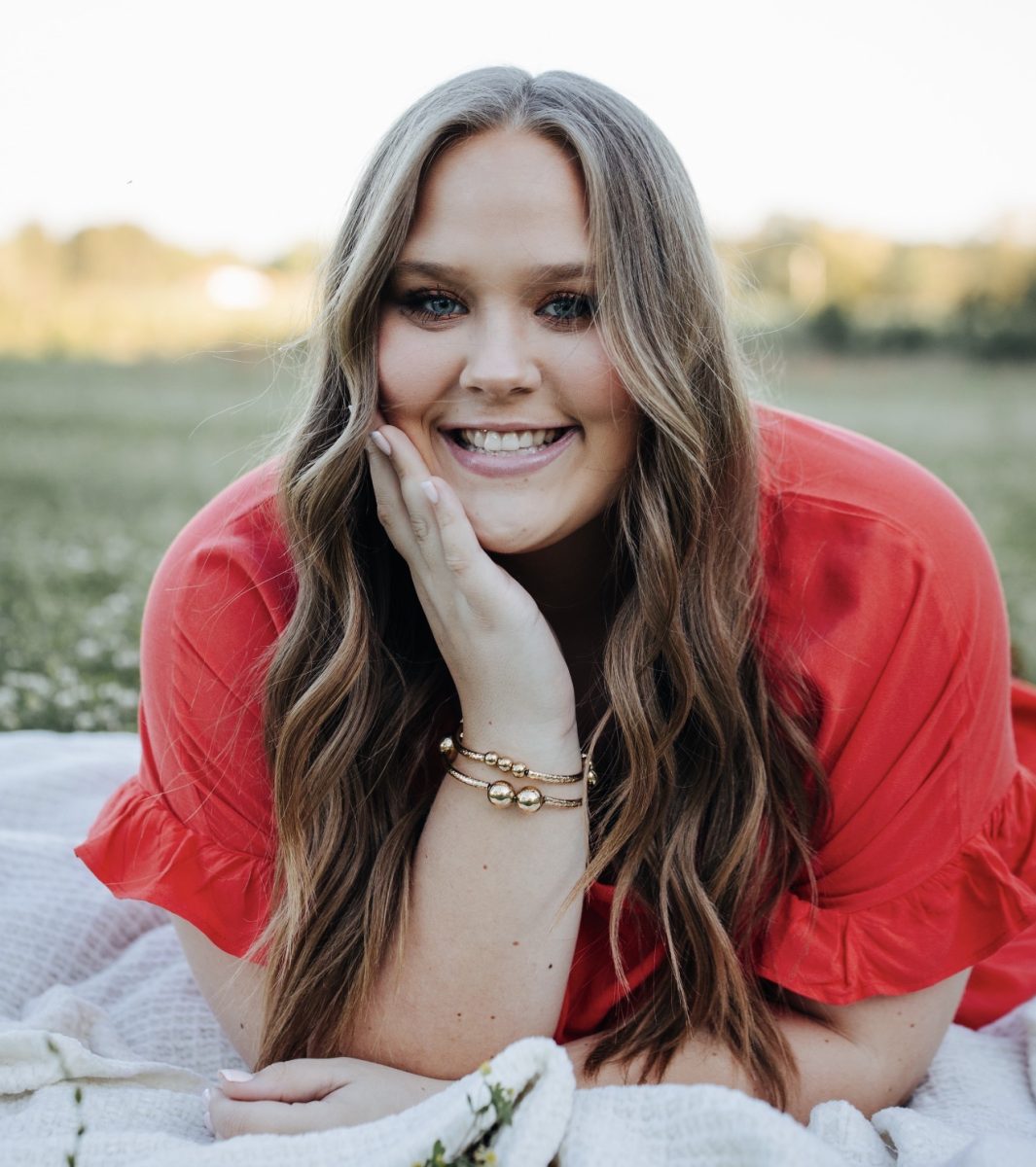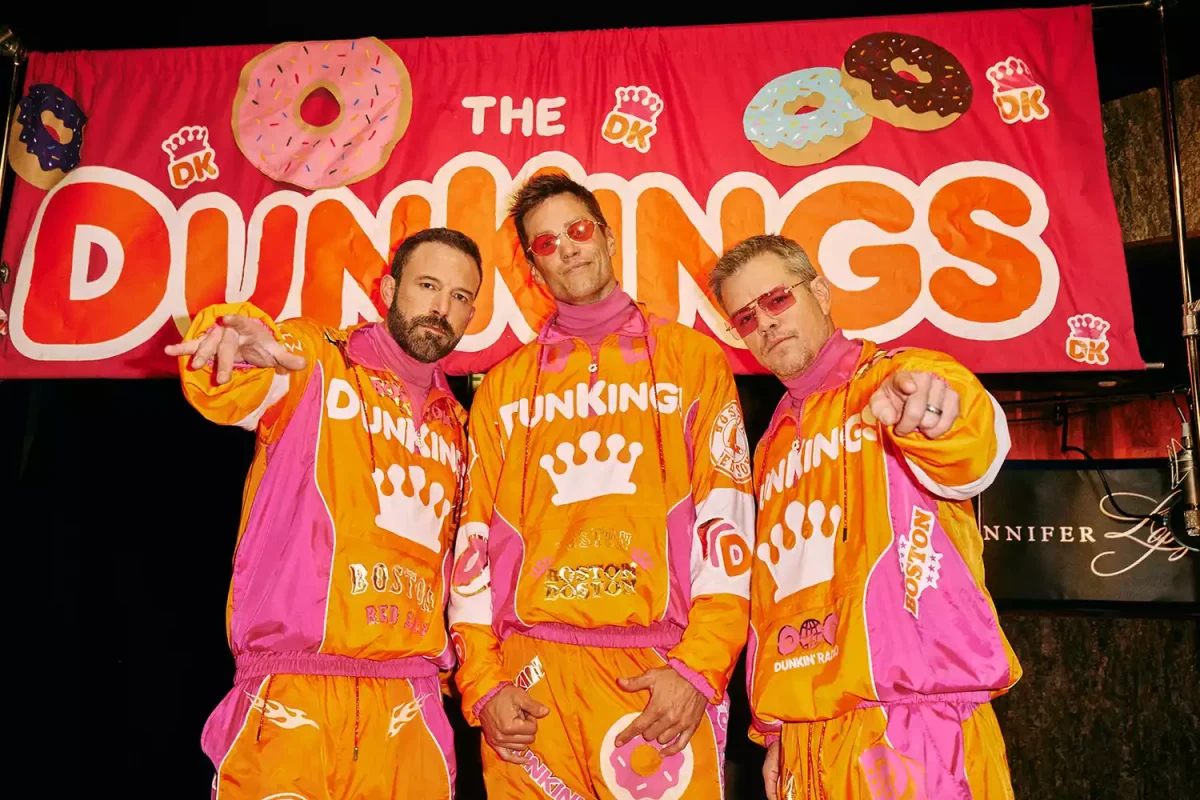This year’s Super Bowl saw the Kansas City Chiefs take down the San Francisco 49ers, 25-22, in a thrilling overtime victory. According to viewership statistics found on statista.com, more than 123 million people tuned into the big game, making it the second most-watched U.S. television broadcast ever. The large viewership of people watching from home laid the foundation for companies to go all in on their advertisements during the game’s commercial breaks.
A handful of advertisements reunited actors that have previously worked together on films and television to promote companies and products. State Farm brought Arnold Schwarzenegger and Danny Devito from the film “Twins” (1988) back together for their 60-second advertisement, “State Farm the Movie”. Jennifer Aniston and David Schwimmer, costars on the award-winning sitcom “Friends”, made appearances together in a comical commercial for Uber Eats. Ben Affleck and Matt Damon, who have worked on numerous films together, were featured alongside former NFL quarterback Tom Brady to form a fictional boy band called “The DunKings” to promote new menu items at Dunkin’.
Verizon’s Super Bowl LVIII commercial featured singer-songwriter Beyoncé trying to break the company’s network. At the end of the commercial, she left viewers with a cryptic message about dropping new music. Shortly after, Beyoncé’s social media accounts and website were promoting her next album, “Renaissance: Act II”, releasing on March 29 this year. Along with the announcement, two brand new songs from the new album were released.
Caroline Muñoz, a professor of marketing at the University of North Georgia, said that each Super Bowl ad this year cost approximately $7 million for 30 seconds of airtime, not including production costs.
“The Dunkin’ Donuts ad with Affleck, JLo and Brady cost tens of millions of make, so a lot is riding on these commercials. Many viewers watch the Super Bowl for the ads. It has become part of the popular culture experience and discussion before and after the game.” – Caroline Muñoz, professor of marketing at UNG
Companies such as Cetaphil and Booking.com released their Super Bowl commercials online in the days prior to the big game. Muñoz said that companies intentionally release commercials before the game on social media to start the conversation surrounding them.
“[Companies] want and need the additional exposure that social media provides before the game, and this is calculated based on whether or not the ad does well,” Muñoz said. “In fact, people watching the Super Bowl may pay more attention to an ad they have seen prior and get others in the room to watch because they liked it or found it funny.”





















